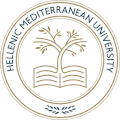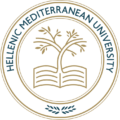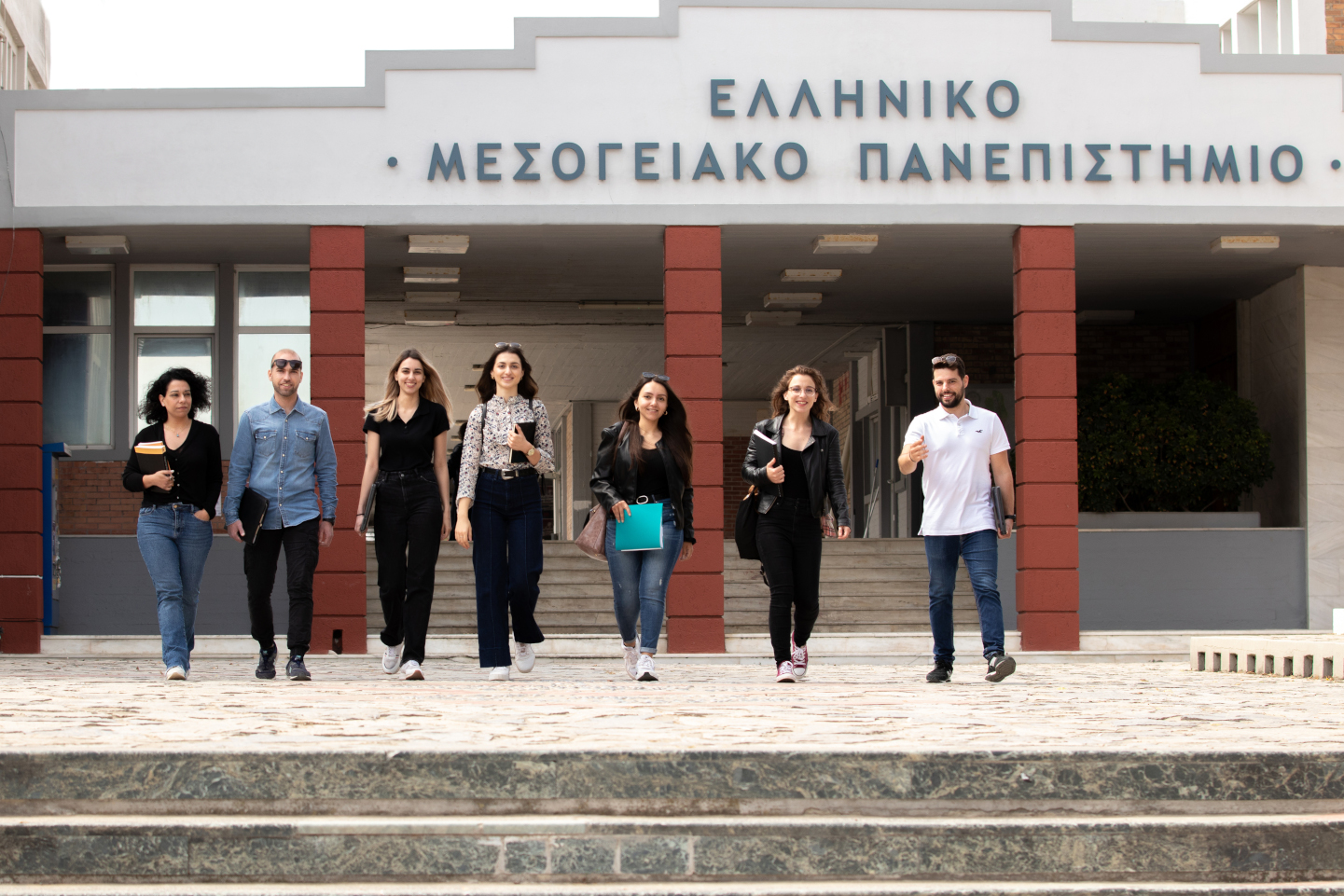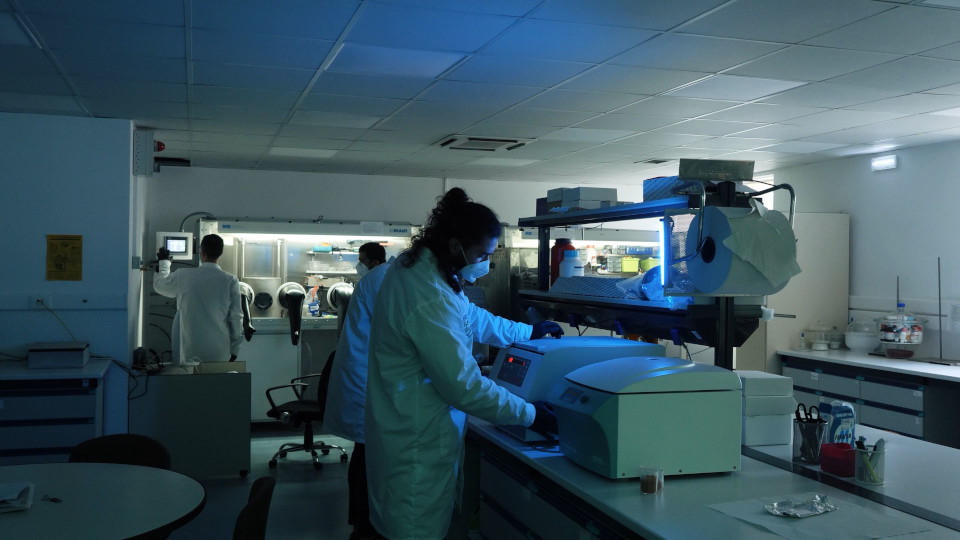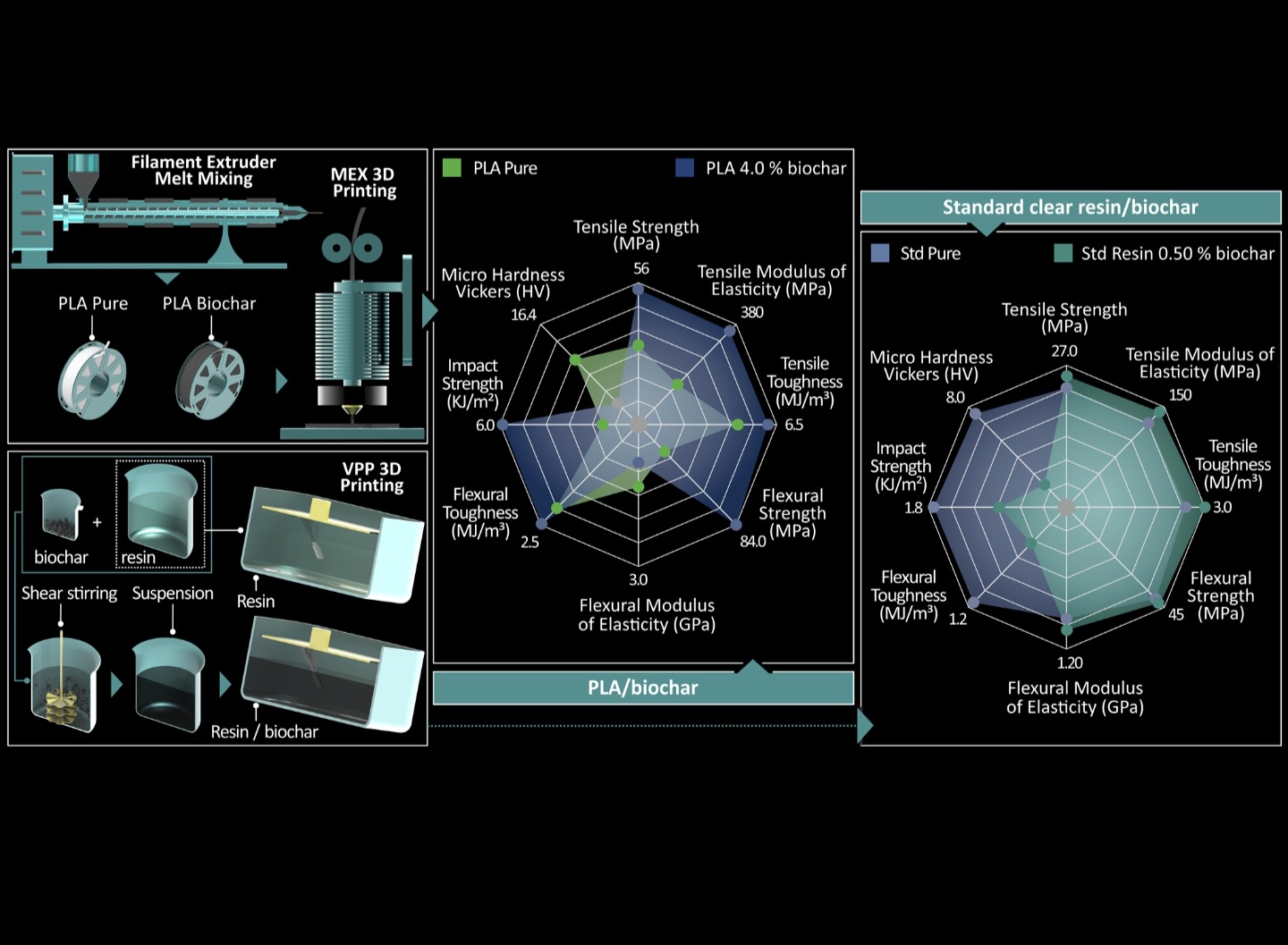An agricultural by-product that is abundant in Crete, the prunings from the olive trees, were used by Professors and Researchers from the Hellenic Mediterranean University to create a new raw material in the field of 3D printing.
This is the research paper entitled: “Biochar filler in MEX and VPP additive manufacturing: characterization and reinforcement effects in polylactic acid and standard grade resin matrices”, authors Prof. Nektarios Vidakis, Associate Prof. Dimitrios Kalderis, Assistant Professor, Prof. Markos Petousi, Associate Prof. Manolis Maravelakis, PhD candidate Nikolaos Mountakis, PhD candidate Nikolaos Bolanakis and Vasileios Papadakis (Foundation for Research & Technology – Hellas (FORTH)) which was accepted and published after a review in the prestigious journal “Biochar Journal” of the publishing house Springer Nature (Impact Factor IF =12.7).
The participants in the University’s project mixed the carbon resulting from the heat treatment of olive prunings with other polymeric materials used in 3D printing and created an innovative composite material, biochar, for the first time internationally derived from olive biomass. The characteristic properties of the new mixture are that with its use, the strengthening of the thermomechanical strength and stability of the popular 3D printing polymers is achieved.
Commercially usable research results lead to the production of environmentally friendly composite materials and contribute to sustainability and the circular economy.
The production of products through 3D printing is constantly gaining ground internationally and it is expected that in the coming years it may constitute a “new industrial revolution” as it will bring about the decentralization of production processes, paving the way for small or even local scale production, adapted to current needs.
